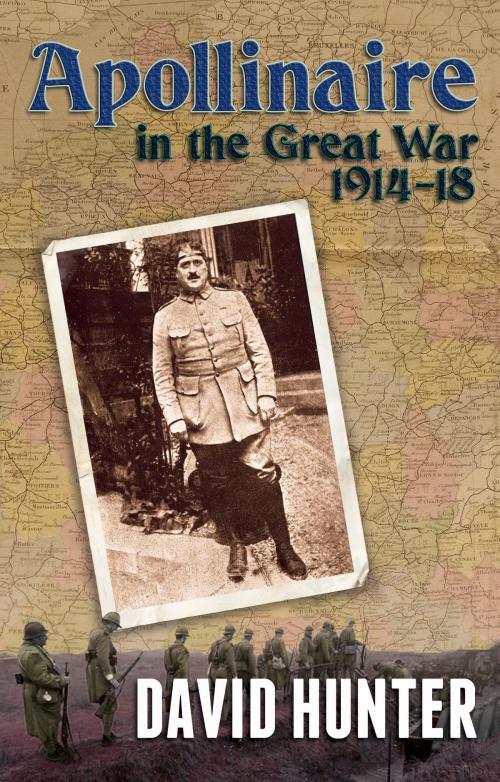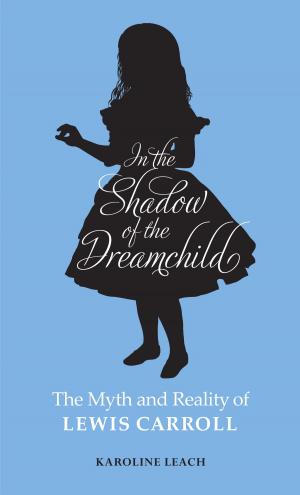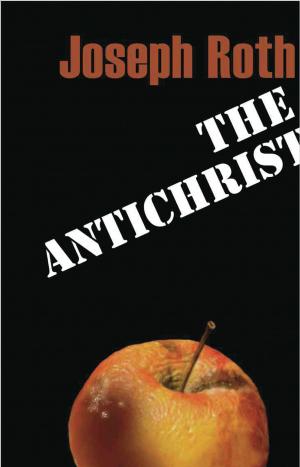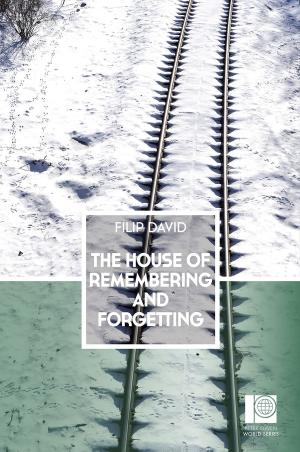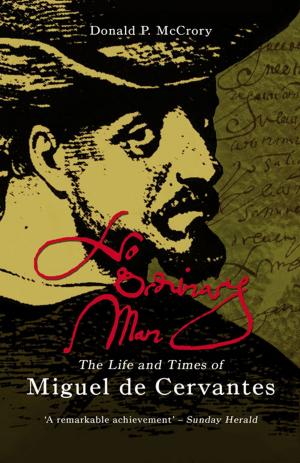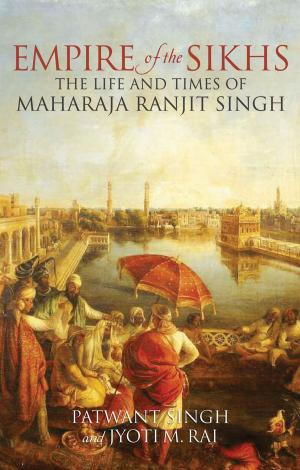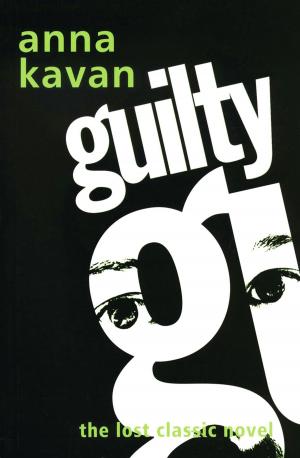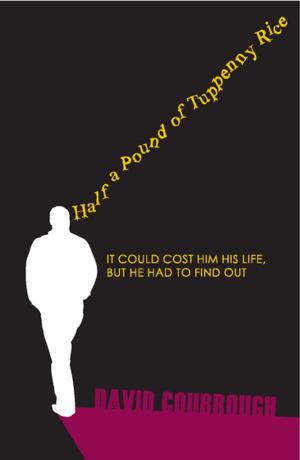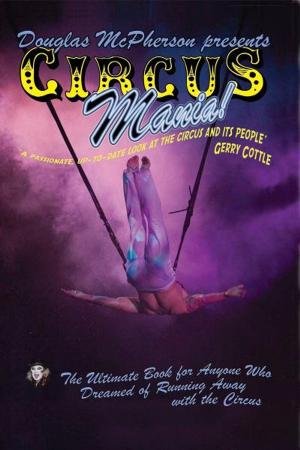Apollinaire in the Great War (1914-18)
Nonfiction, History, Military, World War I, Biography & Memoir, Literary| Author: | David Hunter | ISBN: | 9780720616446 |
| Publisher: | Peter Owen Publishers | Publication: | April 7, 2016 |
| Imprint: | Peter Owen Publishers | Language: | English |
| Author: | David Hunter |
| ISBN: | 9780720616446 |
| Publisher: | Peter Owen Publishers |
| Publication: | April 7, 2016 |
| Imprint: | Peter Owen Publishers |
| Language: | English |
A major literary figure in pre-war Paris, Guillaume Apollinaire volunteered for war in 1914, trained as an artilleryman and was posted in April 1915 to the Champagne front in northern France, participating in the bloody but little-known offensive that September and then moving into the front line as an infantry officer, before being wounded in March 1916 and invalided out of active service. Back in Paris, Apollinaire plunged back into the activities of the capital's artistic avant-garde, meanwhile publishing poetry, prose and plays that were deeply influenced by his involvement in the conflict. He died on 9 November 1918, two days before the Armistice, a victim of the influenza pandemic, but with a literary reputation secured, as well as a certain fame for coining the term 'Surrealism'. This book draws heavily on Apollinaire's writings to tell the story of his war years, within the wider context of the French experience of the Great War. In this period, Apollinaire also wrote hundreds of letters, the bulk of them to two women: Louise de Coligny, a flighty socialite of aristocratic origin, and Madeleine Pagès, a young schoolteacher. In these letters he poured out his passionate feelings for both in often highly erotic poetry and prose, as well as giving detailed descriptions of his life as a front-line soldier.
A major literary figure in pre-war Paris, Guillaume Apollinaire volunteered for war in 1914, trained as an artilleryman and was posted in April 1915 to the Champagne front in northern France, participating in the bloody but little-known offensive that September and then moving into the front line as an infantry officer, before being wounded in March 1916 and invalided out of active service. Back in Paris, Apollinaire plunged back into the activities of the capital's artistic avant-garde, meanwhile publishing poetry, prose and plays that were deeply influenced by his involvement in the conflict. He died on 9 November 1918, two days before the Armistice, a victim of the influenza pandemic, but with a literary reputation secured, as well as a certain fame for coining the term 'Surrealism'. This book draws heavily on Apollinaire's writings to tell the story of his war years, within the wider context of the French experience of the Great War. In this period, Apollinaire also wrote hundreds of letters, the bulk of them to two women: Louise de Coligny, a flighty socialite of aristocratic origin, and Madeleine Pagès, a young schoolteacher. In these letters he poured out his passionate feelings for both in often highly erotic poetry and prose, as well as giving detailed descriptions of his life as a front-line soldier.
